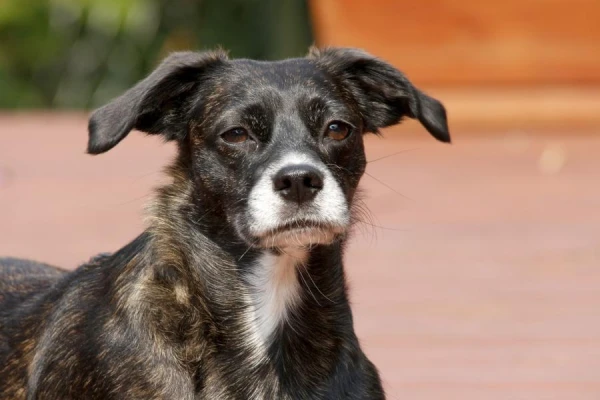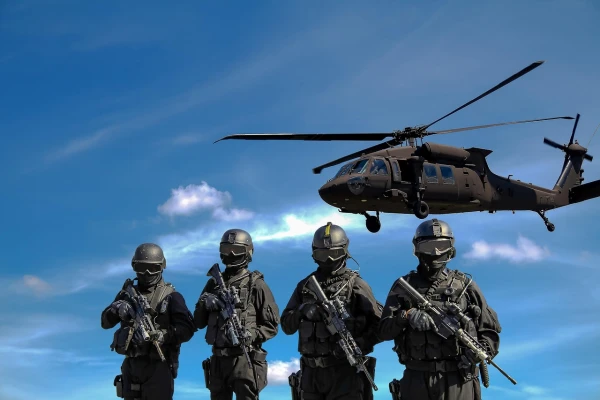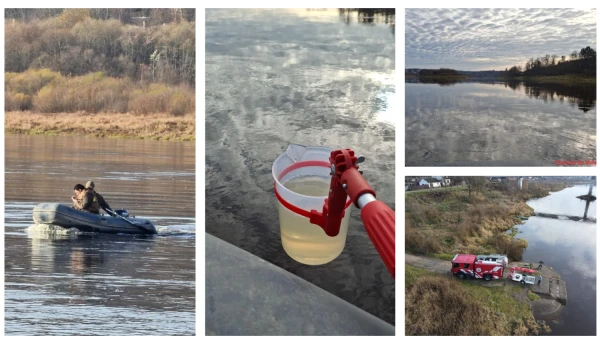
A dog attacked, but it was not recognized as dangerous. Such cases in Latvia are not uncommon. The Veterinary Society believes that the current procedure is outdated, and decisions need to be made immediately after the incident. The issue has already reached the Saeima, reports LSM+ in the news release.
If a dog attacks a person or an animal, causing harm or even killing, Latvia has the following procedure: the commission of the Food and Veterinary Service (PVD) decides whether to recognize it as dangerous or not. But the statistics are sad, says veterinarian Lita Konopore: more than half of such animals, for which reports have been received, are not recognized as dangerous by this commission.
Last year, the PVD assessed 58 dogs and recognized 19 as dangerous. This year, out of 16 dogs, half were recognized as dangerous.
"There are many factors involved. I think one of the first factors is that when a dog attacks, it is most often unattended by its owner or at a distance where the owner cannot control their dog. And when this test is conducted, the dog is under the full control of the owner. We cannot assert this, but it is assumed that sometimes, perhaps, the owner uses some calming medications to prevent their dog from being recognized as dangerous," said representative of the Latvian Veterinary Society Lita Konopore.
Therefore, the Veterinary Society wants this system to be changed — and immediately after a dog attacks someone, restrictions should be imposed on it.
"So that immediately after a bite or attack, the owner is required, according to the law, to walk their dog on a short leash and with a muzzle, as well as to walk only one dog. And, in principle, such a dog cannot be given away or sold to anyone. Because when an administrative or criminal process begins, this is one of the methods used to evade responsibility — they immediately try to transfer the dog to someone else to complicate the processes," she added.
In addition, it is unacceptable for dogs to walk unattended by their owners, says Lita Konopore. The Veterinary Society is currently negotiating with the Ministry of Agriculture and has already submitted its proposals.
The Ministry of Agriculture responded to LSM+ that after discussions with non-governmental organizations, the Union of Local Governments of Latvia, and the PVD, it is planned to establish requirements regarding dangerous dogs — to act without delay.
But if a car hits someone, it is not the car that is to blame, but the driver. The same goes for dogs, says cynologist Danuta Mingelevicha. The most important thing is how the dog is raised.
"You need to turn to professionals, to cynologists and trainers. As I always tell my students: you can go to several different classes, see what and where you like — and it doesn’t matter what kind of training it will be, what the theme of these classes will be. But it will be exercise, it will be dog training, it will be contact with the owner. And problems like the ones that are currently arising will become few — they will simply disappear," commented cynologist Danuta Mingelevicha.
Is it possible to retrain an adult dog after it has already attacked or bitten someone?
"I always say that raising, training, and educating dogs can be done just like learning languages. We can learn any foreign language at any age — it’s just that the older we get, the harder it is to do," added Danuta Mingelevicha.
However, as the cynologist notes, there are still cases when retraining a dog is no longer possible.
If a dog attacks a person and causes serious bodily harm or kills, the case is considered by the court within the framework of a criminal process. After the court's decision, if the owner is found guilty under Article 230.1 of the Criminal Code, such a dog is euthanized. The Veterinary Society asks the members of the Saeima not to change this procedure and, if the owner of such a dog is convicted, to euthanize the animal regardless of the owner’s consent.
However, there are different cases: for example, if a dog attacks a thief who has broken into a house — this changes the situation, and the court takes this into account.
The bill will still be considered in the Saeima in the second reading.












